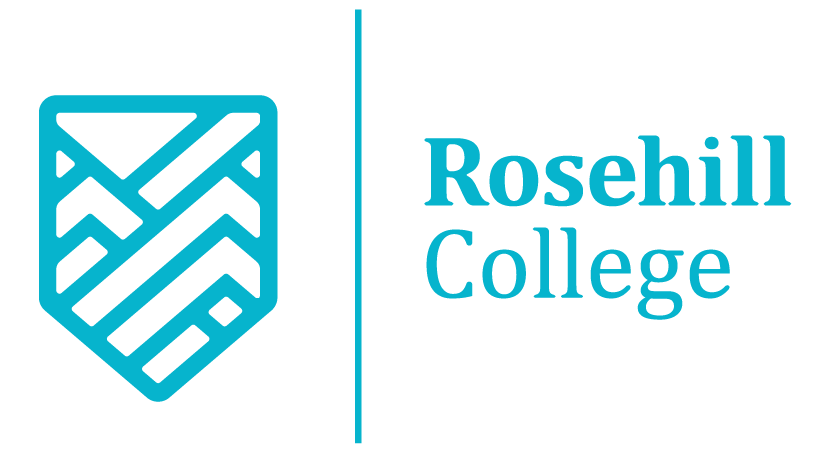Document Title: Student Feedback and Evaluation Policy
Document Number: SFE-001
Effective Date: June 8, 2024
Review Date: June 8, 2025
1. Purpose
The purpose of this policy is to outline the processes by which Rosehill College encourages, collects, manages, and responds to student feedback. This policy ensures that feedback from students is used to improve the quality of educational services and enhance the student experience.
2. Scope
This policy applies to all feedback from students enrolled at Rosehill College, including formal and informal feedback, complaints, suggestions, and evaluations regarding educational programs, support services, facilities, and administrative processes.
3. Policy Statements
3.1 Commitment to Student Feedback
- Value of Feedback: Rosehill College values feedback from students as a critical component for continuous improvement in educational and support services.
- Encouraging Feedback: The college actively encourages students to provide feedback through various channels, ensuring that all feedback is considered respectfully and constructively.
- Confidentiality: All feedback is handled with confidentiality, and students can choose to provide feedback anonymously.
3.2 Types of Feedback
- Formal Feedback: Structured feedback collected through surveys, evaluations, and formal feedback forms.
- Informal Feedback: Unstructured feedback received through conversations, emails, and other informal interactions.
- Complaints: Formal complaints about specific issues related to educational or support services, managed through the Complaints and Appeals Policy.
- Suggestions: Ideas and suggestions for improvements provided by students.
4. Procedures
4.1 Collecting Feedback
- Surveys and Evaluations:
- Course Evaluations: Conducted at the end of each course or unit to gather feedback on course content, delivery, and assessments.
- Student Satisfaction Surveys: Administered annually to assess overall student satisfaction with the college’s services and facilities.
- Feedback Forms:
- Online Feedback Form: Available on the college website for students to submit feedback at any time.
- Evaluation Forms: Distributed at the end of workshops, orientations, and other college events.
- Informal Channels:
- Open Forums: Regularly scheduled forums where students can voice their concerns and suggestions.
- Direct Communication: Emails or conversations with faculty, administrative staff, or the Student Service Officer.
4.2 Managing Feedback
- Acknowledgment:
- Formal Feedback: Acknowledge receipt of formal feedback within 3 working days.
- Informal Feedback: Document and address informal feedback as soon as it is received.
- Recording:
- Feedback Register: Maintain a register of all feedback received, including the nature of the feedback, the date received, and actions taken.
- Evaluation:
- Review Process: Feedback is reviewed by relevant departments to identify areas for improvement and to develop action plans.
- Feedback Analysis: Regular analysis of feedback trends to inform strategic planning and quality improvement initiatives.
- Response:
- Action Taken: Communicate the actions taken in response to feedback to the student, if identified, within 30 days.
- Updates: Provide updates on improvements made as a result of feedback through college communications and meetings.
4.3 Using Feedback for Improvement
- Action Plans:
- Develop and implement action plans to address issues and suggestions identified through feedback.
- Continuous Improvement:
- Use feedback to inform curriculum development, support service enhancements, and overall college operations.
- Feedback Integration:
- Incorporate feedback into the college’s strategic planning and quality assurance processes.
4.4 Handling Complaints
- Formal Complaints:
- Refer to the Complaints and Appeals Policy for managing formal complaints.
- Resolution:
- Ensure complaints are resolved in a timely and fair manner, with opportunities for appeals if necessary.
5. Responsibilities
- Student Service Officer:
- Oversee the collection, management, and analysis of student feedback.
- Ensure feedback is recorded and actioned appropriately.
- Academic Manager:
- Collaborate with the Student Service Officer to address academic-related feedback.
- Implement improvements based on feedback related to educational programs.
- Administration Manager:
- Address feedback related to administrative processes and facilities.
- Ensure timely acknowledgment and response to feedback.
- All Staff:
- Encourage students to provide feedback and participate in feedback initiatives.
- Document and communicate informal feedback received through daily interactions.
6. Review Compliance
- Monthly Review: Student feedback is reviewed monthly in the RTO Management Meeting.
- Governance Schedule: Feedback processes are reviewed as per the Governance Schedule to ensure continuous improvement.
- Annual Review: Conduct an annual review using feedback from students and staff to enhance the effectiveness of feedback management.
7. Document Control
- Version Number: V1.1
- Approved By: CEO
- Approval Date: June 8, 2024
- Review Date: June 8, 2025
